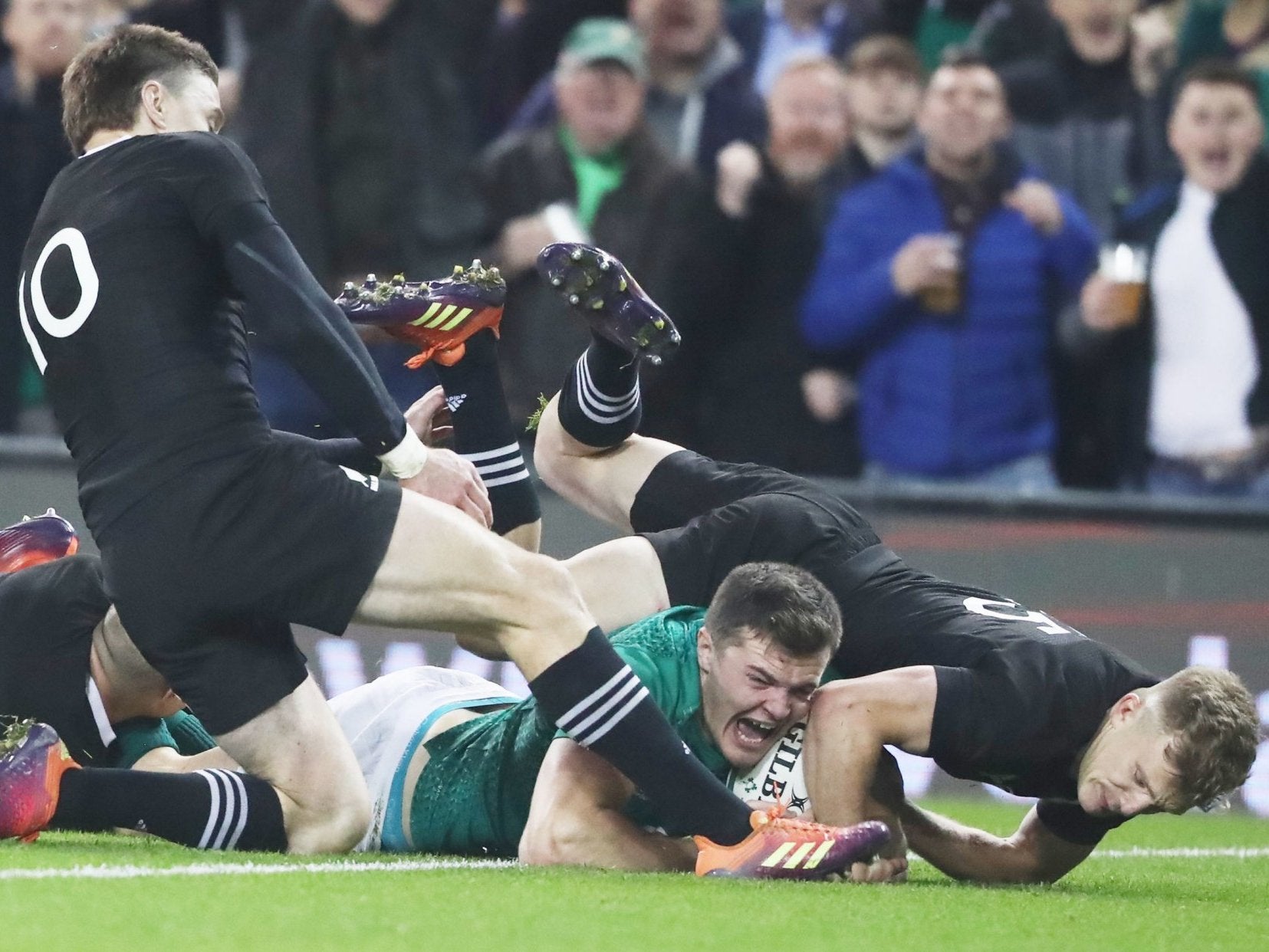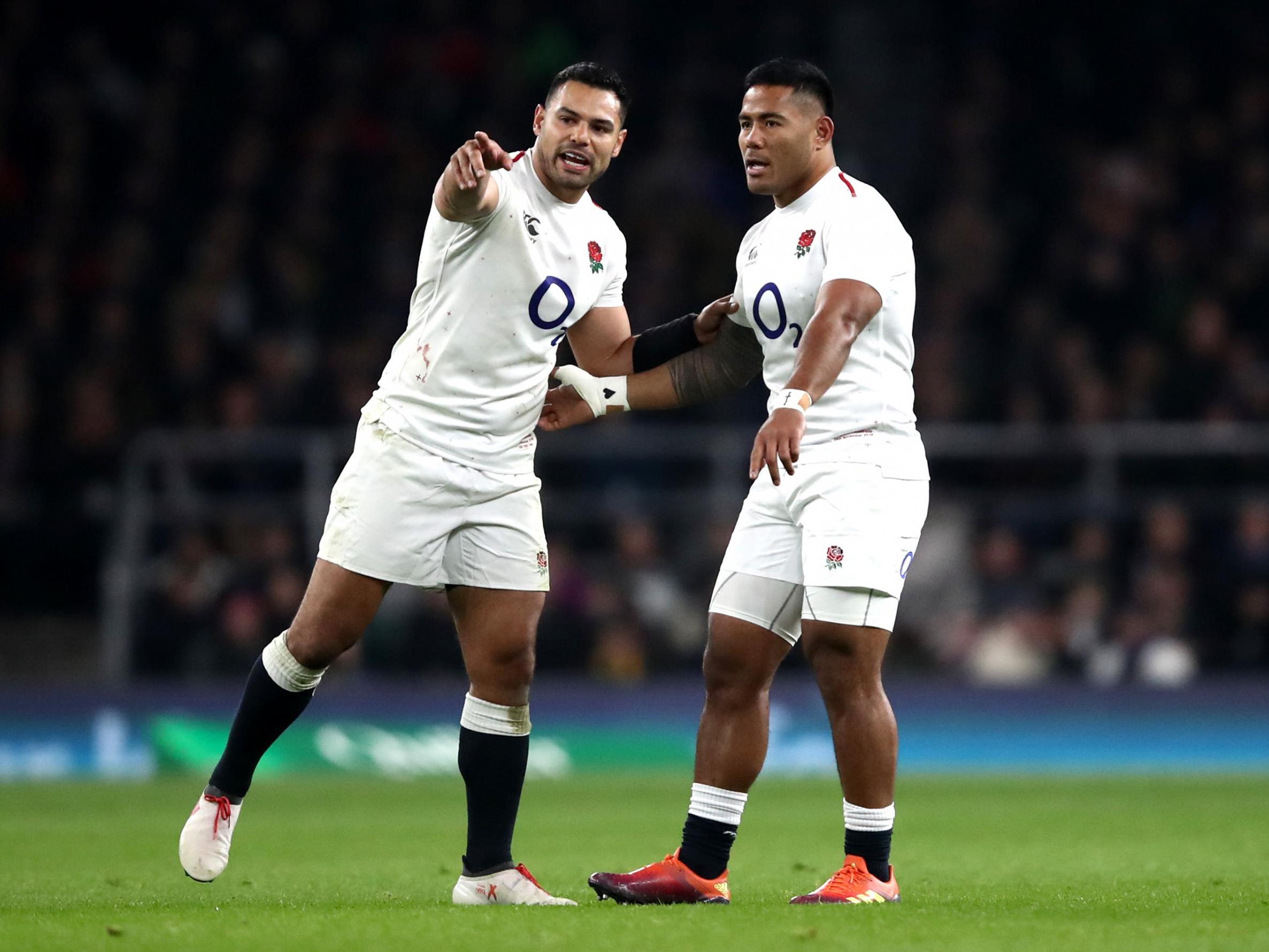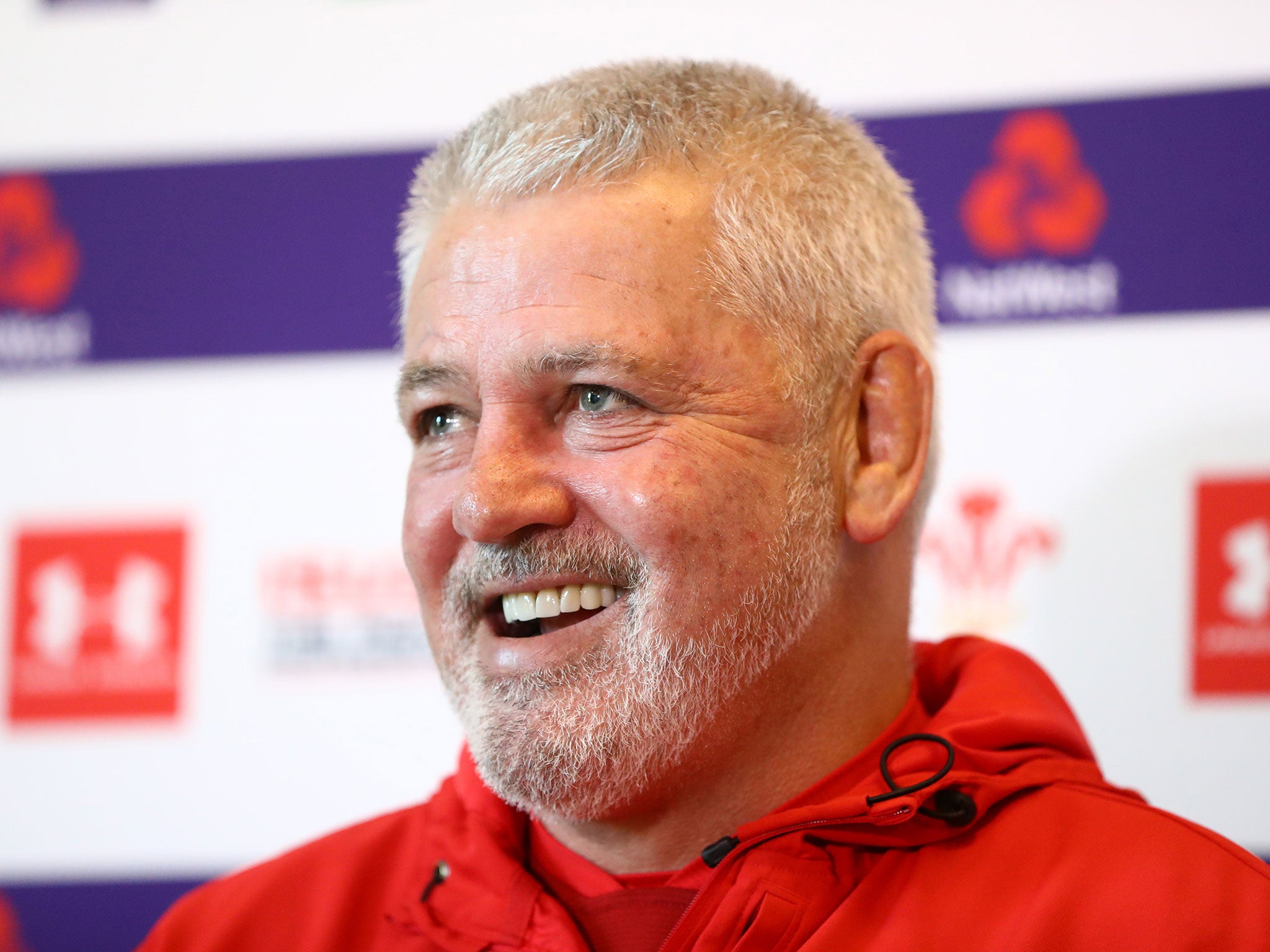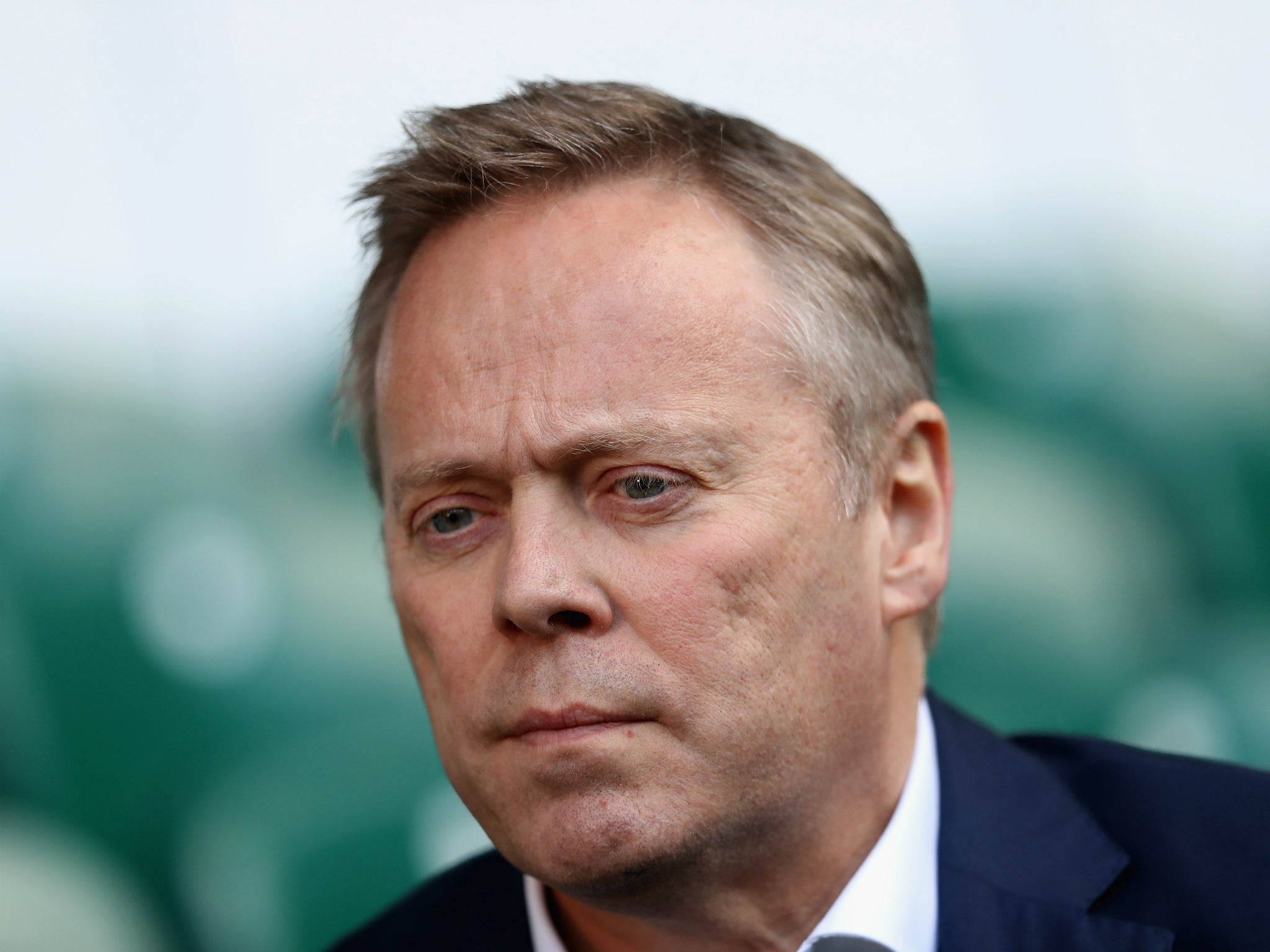Five things rugby union learned in 2018: The vulnerable All Blacks, the need to accept change and RFU crisis
The good and the bad were on display in 2018 as reality caught up with the RFU, Ireland proved New Zealand are not invincible and the game sadly reminded us it has not ‘gone soft’

As 2018 draws to a close and the prospect of a World Cup year hones into view, The Independent's rugby writer Sam Peters looks at five things we learned from another tumultuous year from in the world of professional rugby.
1. We really shouldn’t just hand the All Blacks the Webb Ellis Trophy
After New Zealand thumped one of the worst Australia teams in living memory in August, the crowing headline in the New Zealand Herald told us “Beauden Barrett’s All Blacks will be unbeatable at the World Cup”.
Less than three months later, after Beauden Barrett’s All Blacks had been convincingly beaten by Joe Schmidt’s Ireland for the second time in a couple of years, we were reminded of the folly of such long-distance proclamations.
The All Blacks are good, very good in fact, but next year’s World Cup is as open as any since 2007 and no team at this stage can lay claim to being a banker for it. With winger Jacob Stockdale a potential superstar on the world stage, Ireland are hard on New Zealand’s heels while Wales, South Africa and even England can all still be contenders.
The All Blacks are favourites but hand them the trophy now? Don’t make me laugh.
2. Rugby must accept change or face a bleak future. It has not gone soft.
World Rugby’s commendable drive to reduce rugby’s no-longer-secret-shame of concussion is as welcome as it is needed but it’s becoming increasingly clear it is not going to be an easy process and there will be unintended consequences along the way.
Just as Formula One responded to the death of Ayrton Senna in 1994 with a data-driven scientific response which placed driver safety at the very top of the priority list, so must rugby recognise the old mantra of “man up and get on with it” is no longer tolerable for a sport which craves greater acceptance and broader participation.
Reducing the tackle height is a step in the right direction but it will not be the silver bullet some crave. More radical change will be needed and we must empower the scientists and researchers tasked with finding ways to limit head injuries in our beautifully brutal game.
Those who claim the sport has “gone soft” by addressing this issue should be allowed to quietly return to their caves and allow those of us who believe one death on a rugby field is one too many to crack on with limiting risk to those playing it.
The tragic death of 19-year-old Stade Francais player Nicolas Chauvin from a cardiac arrest brought about by a broken neck in a tackle two weeks ago was yet another desperate reminder rugby absolutely has not gone soft.
The sport must embrace change or face being confined to the margins.
3. England’s midfield still a minefield
Fair to say year three of the Eddie Jones project did not go exactly as planned with a disastrous Six Nations campaign followed by a not very good South Africa tour and a just above average autumn campaign. Played 12, won six, lost six was hardly what the doctor ordered a year before the World Cup and just as Stuart Lancaster’s thought processes became muddled as the global tournament approached, it also feels as if Jones is getting clear in what he wants from his team.
The core of England’s success in the early Jones years was built around the twin axis of Owen Farrell and George Ford at 10 and 12 but Jones has lost faith in the pairing as Ford’s form has waned for Leicester and England.

There is a sense Jones would love to pair Ben Te’o (106kg) and Manu Tuilagi (115kg) together in his midfield but neither man has shown the form or fitness to merit Jones’s courting.
Just as Lancaster tried to crowbar Sam Burgess into his starting line-up, Jones is in danger of trying to fit a round peg into a square hole. Settle on your midfield, Eddie or face another World Cup no show.
4. We should have listened to Warren
It is barely a year since Warren Gatland sent a second string Wales outfit out to face Georgia at the Principality Stadium and almost had his fingers horribly burned. Gatland ignored the barbs that came his way, insisting he needed to expose a new group of players to international rugby to prepare for the World Cup.
Twelve months later, with Wales ranked third in the world and possessing an enviable depth to their squad, we have all eaten our hats. Even the shock retirement of Sam Warburton through injury has not knocked the Welsh off their stride and when Ellis Jenkins, Josh Navidi, Justin Tipuric, James Davies, Ross Moriarty, Taulupe Faletau, Dan Lydiate and Aaron Shingler are all fit, Wales have back-row depth the envy of any team on the planet.

At fly-half Gareth Anscombe, Dan Biggar, Rhys Patchell and the supremely gifted Jarrod Evans provide variety, experience and quality while Wales now have at least two players in every position capable of slotting in seamlessly. It is an enviable position and testament to Gatland’s foresight and bloody mindedness.
5. The RFU isn’t made of money
For years world rugby has looked enviously on as the Rugby Football Union appeared to print money for fun while throwing cash at problems left, right and centre. “The richest union in the world” seemed bullet proof and immune to economic turbulence going on around it.

No longer so. Swingeing redundancies at English rugby’s governing body this year and significant cutbacks to spending in both the grassroots and professional game have been a stark reminder no-one is untouchable. Even Eddie Jones has been told to rein it in as the forecasts made by former RFU chief executive Ian Ritchie ahead of England’s 2015 home World Cup have proved wildly optimistic and fundamentally undeliverable.
A colossal overspend on Twickenham’s East Stand – blamed partly on the need for improved anti-terrorism measures and safer external cladding following the Grenfell Tower disaster – has caused the union serious problems and there is growing unrest among some old faces within the RFU Council.
Economic under-performance is not something the RFU has had to countenance too often down the years and is likely to only lead to one thing: infighting.
Stand by, we could be gearing up for yet more bloodletting at Twickenham Towers in the New Year.
Join our commenting forum
Join thought-provoking conversations, follow other Independent readers and see their replies
Comments
Bookmark popover
Removed from bookmarks